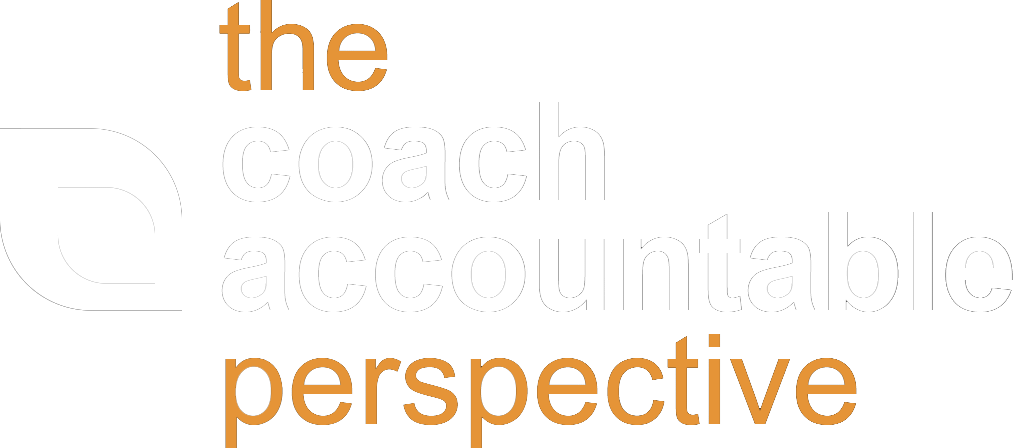Let’s talk briefly about how therapy is getting a lot of traction these days and being pushed rather aggressively as being for the masses. I promise I’ll loop this back to coaching soon enough.
“Therapy for all isn’t simply a slogan. It isn’t just a philosophy. Therapy for all is an imperative.” – From the Talkspace.com blog
To me, “Therapy for all” is a cringe-worthy rallying cry. I have no problem with therapy; sometimes it’s just the thing for a particular person and situation.
The problem with “therapy for all” is that if we take a beat and really consider what therapy is meant to be (therapy, noun, “Treatment of illness, injury, or disability.”, from The American Heritage® Dictionary of the English Language, 5th Edition), there’s something deeply cynical embedded in that slogan.
It’s an indictment of the entire human condition, a declaration that we are all ill, or with injury or disability. It’s a one-two punch: we are all damaged goods, and we need someone, some expert, to talk about it with. For money. A loved one won’t do, it’s gotta be some expert. It’s not time bound, either: it’s not “Therapy for all when they’re dealing with a rough patch”, it’s “Therapy for all, period”, as if to say “you are chronically unable to function as capable individual”.
Yuck.
So what’s a better way to rally for the betterment of the human condition and champion the well-being of individuals?
Coaching has been said to be the professional modality that is uniquely meant for helping those that are already well. It offers guidance to those who desire to step up and take on the living of an even bigger and more powerful life. It does so not as a fix to any problem, but the opportunity to more fully honor one’s potential.
And if we’re comparing coaching to therapy? Arguably, relating to oneself as capable and stepping up to expand one’s potential does more to alleviate mental anguish than weekly rumination on one’s feelings.
If we take humanity to be overall well (which I do), this all might suggest “Coaching for all” as a worthy imperative.
Now look, I would love to see a world in which there’s a general clamoring for what coaching has to offer, a world in which everyone intentionally seeks guidance and being challenged in service of living their full potential.
And yet, I don’t think that’s the right or even desirable attitude around a stand for human potential. Some HR directors looking to proudly show off how enlightened their companies are for investing in their people’s development might disagree with me, but I think coaching should be a deeply opt-in affair. If a coachee isn’t deeply enrolled and highly committed, not only to the process but also to taking action, it’s just not going to work anyway. And not everyone is up to expanding their potential, nor should they be.
“Therapy for all” is a deeply cynical and disempowering context. “Coaching for all” actually honors people as capable, but like “Therapy for all” makes too many blithe assumptions about where people are at and what they’re up for.
“Coaching for some.”
Just as there is wisdom in a business knowing their niche and serving it well, a club that is a little selective about its who should join is more attractive anyway.
With CA, you have the opportunity to design coaching experiences where ACTUALLY showing up to the process (and I’m not just talking about the conversations themselves) is specific, measurable, and required.
You can tell your prospects “I’m not here to waste anyone’s time; you have to want this enough to actually do the work.”
You yourself, in other words, get to be proudly selective: willing only to coach those who are truly up for it.







